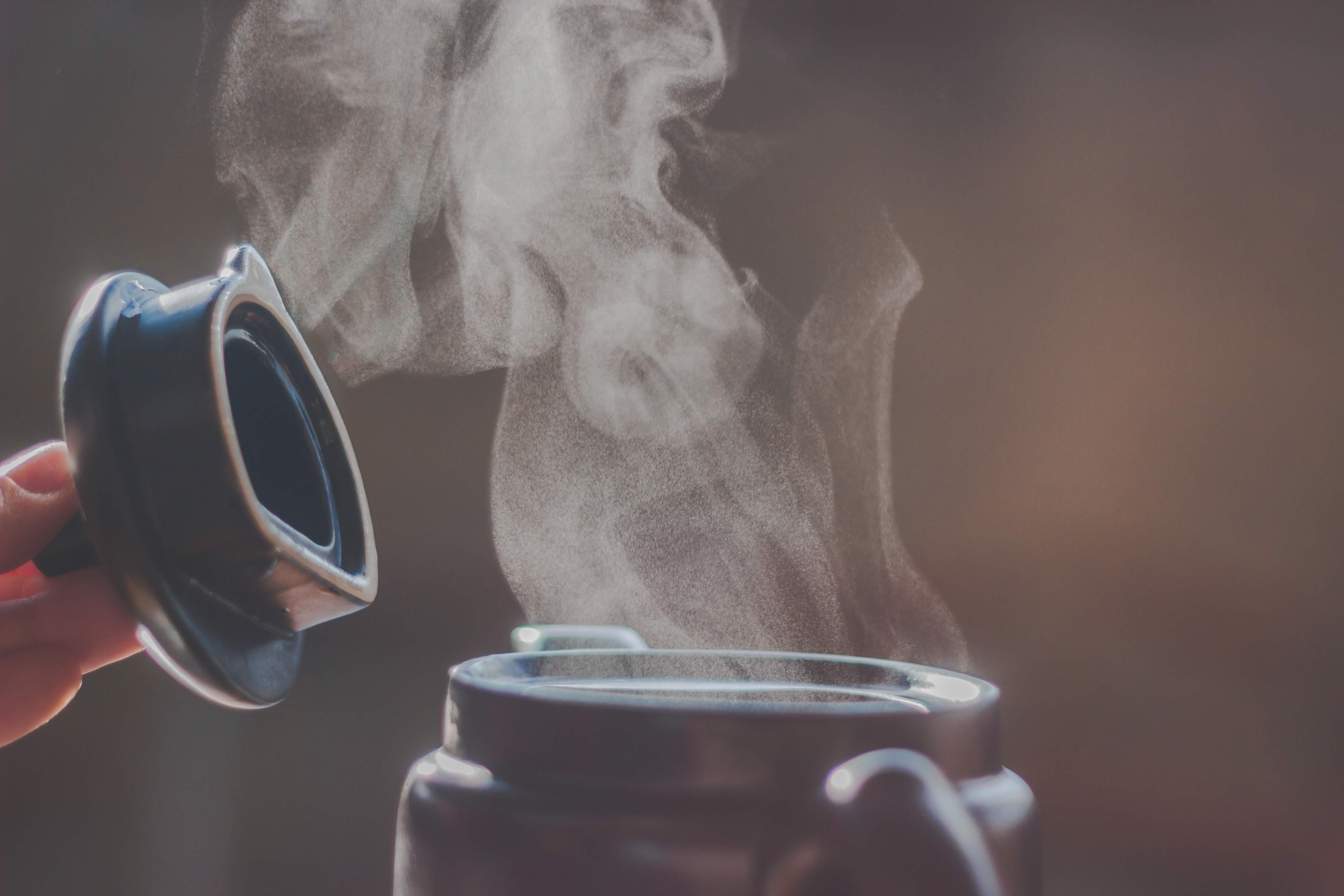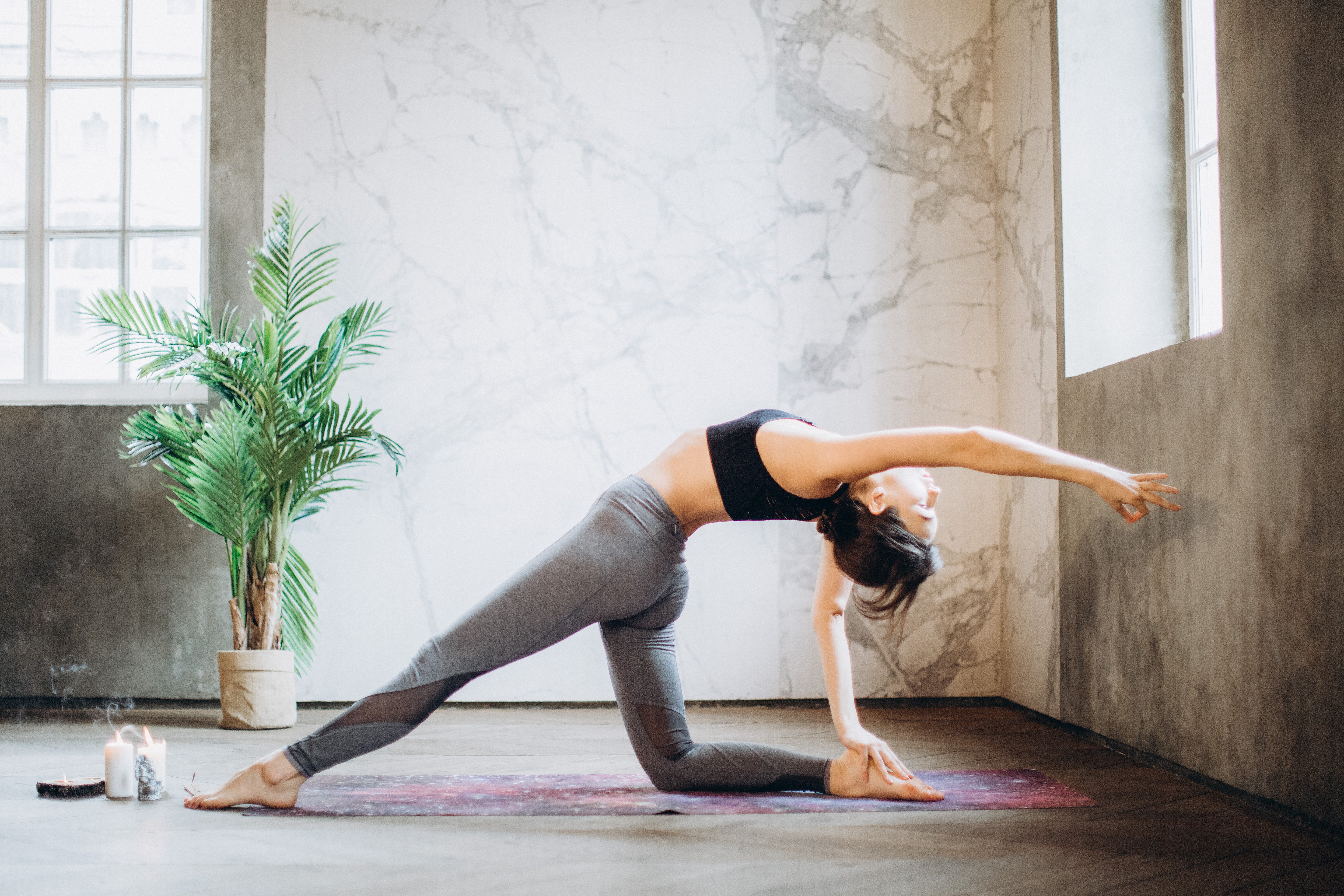How To Keep Your Lungs Healthy
8 minuteRead

Often, we overlook the importance of the role that our lungs play in keeping ourselves strong and healthy. It is only when we experience discomfort due to problems that arise in breathing when we take notice of them. What we forget usually is that just like the rest of our body, our lungs also demand daily attention and looking after.
Breathing is the process by which each cell in our body receives oxygen, and without sufficient amounts of it, our bodies are more likely to contract respiratory illnesses, and in some severe cases, even chronic obstructive pulmonary diseases and heart diseases.
Unfortunately, the breathing that we do on a regular basis isn’t enough to ensure that the oxygen is maintained at its peak levels in our body, according to experts at Rush University Medical Center.
Jennifer M. Ryan, PT, MS, DPT, CCS, a certified specialist in cardiovascular and pulmonary physical therapy, talks to us about how lungs at rest as well as during usual activities are only at about 50% of their actual capacity. Like the rest of the organs present in our body, the functioning of the lungs is also dependent on movement and activity.
Due to the fact that regular activities don’t allow you to utilise the capacity of your lungs to their fullest extent, it helps to try and challenge your lungs with some more, intense activity. Additionally, to help counter toxin and tar buildup caused due to environmental pollutants including dust, smoke, and other minute allergens, our lungs need our help.
Just like your joints, your lungs inevitably age with time, becoming less flexible and losing their strength. This may make it harder to breathe well. But, by taking up certain healthy habits, you will be better able to maintain the health of your lungs and contribute towards their optimal function, even into your elderly years.
Quit Smoking

As you are probably already aware, smoking drastically increases the risk of you contracting lung cancer. But that’s not all - as a matter of fact, smoking can be linked to most other lung diseases, including asthma, chronic obstructive pulmonary disease (COPD), and idiopathic pulmonary fibrosis. Additionally, if you have any preexistent lung conditions, such as bronchitis, it only makes them more severe. For example, smokers are about 13 times more likely to die from COPD than those who don’t smoke.
Each time you smoke a single cigarette, you inhale into your lungs some thousand harmful chemicals, including tar, nicotine and carbon monoxide. These toxins not only cause damage to your lungs but also increase mucous content, making it more and more difficult for your lungs to purify themselves, which leads to tissue irritation and eventually, inflammation. Ultimately, the passages through which air travels become narrow, making it more and more difficult to breathe. Additionally, smoking is also responsible for the rapid ageing of the lungs. The chemicals become responsible for the conversion of normal lung cells to cancerous ones.
According to the Centers for Disease Prevention and Control, more than 10 times as many citizens of the United States have died early due to cigarette smoking, than having passed away in all the wars fought by the United States in all history. Further, smoking is responsible for about 89% of all lung cancer deaths in men and women across the world. Unfortunately, more women die each year from lung cancer than breast cancer.
Regardless of how old you are, or how long you have been smoking, quitting always help. Within just 12 hours of quitting, carbon monoxide levels in your blood drop down to normal. Therefore, within a few months, your lung function begins to drastically improve. Within the span of a year, your risk of contracting coronary heart disease becomes half when compared to the same as that of a smoker’s. Obviously, it only gets better the more time you stay smoke-free.
Admittedly, it will take several attempts and a lot of patience and persistence. Despite being difficult, quitting is most definitely worth it. You can seek help through counselling as well as medication to help succeed.
Avoid exposure to pollutants

Pollutants in the air, when exposed to your lungs, contribute toward the accelerated ageing of and damage to your lungs. When they are young and strong, your lungs have the ability to fight off these toxins. As you grow older and older, your lungs inevitably lose some of that resistance and end up becoming vulnerable to several infections and diseases.
Allow your lungs to get a break. Try and reduce your exposure as much as you can. Here are a few tips:
- Try to avoid secondhand smoke or passive smoking.
- Keep yourself from going out as much during peak traffic hours, which are also peak air pollution hours.
- Prevent going to exercise somewhere that's near heavy traffic, as there is a risk of inhalation of exhaust.
- If you are regularly exposed to pollutants at work (for occupations such as construction work, mining, and waste management), make sure that you take all the necessary safety precautions.
As a matter of fact, The US Consumer Product Safety Commission has reported that indoor pollution is sometimes even worse than that of the outdoors. Moreover, most people are being forced to spend time indoors due to the pandemic, increasing their exposure to indoor pollutants.
Some tips to decrease indoor pollutants include:
- Ensure that your home is a smoke-free zone
- Vacuum at least once a week and dust your furniture regularly.
- To facilitate indoor air ventilation, keep windows open as often as you can.
- Keep your home as clean as you possibly can - the accumulation of mould, dust and pet fur are all common causes of lung irritation.
- Make sure to have many fans, exhaust hoods and other ventilation methods in most parts of your home.
Breathe deeply

If you are like many others, you take shallow breaths restricted to only your chest area, using a very small portion of your lungs. Deep breathing is known to help clear the lungs and create a full system of oxygen exchange. In the Indian Journal of Physiology and Pharmacology, a small study included a group of 12 participants who performed breathing exercises for 2, 5, and 10 minutes. Then, the volunteer’s lung functions were tested both before and after the exercises.
The results revealed a significant increase in the vital capacity after the volunteers performed 2 and 5 minutes of deep breathing exercise. Vital capacity is basically the maximum amount of air one can exhale from their lungs. Researchers were thus able to conclude that deep breathing, even if performed for a few minutes, vastly improved lung function.
Shallow breaths originate from the chest, and deep breaths come from your belly, which is essentially where your diaphragm rests. Try and be aware of the gradual rise and fall of your belly as you practice deep breathing. Notice how you also find yourself less stressed and more relaxed, too!
Prevent infections

Infections are always quite harmful to your lungs, especially if you are elderly. Those who already suffer from lung diseases such as COPD are more at risk for infections. Healthy seniors also may develop pneumonia if they are not careful.
The easiest and most effective method to avoid lung infections is to ensure that your hands are clean at all times. Wash with warm water and unscented soap, and prevent yourself from touching your face as much as is possible.
Drinking a lot of water and eating plenty of fruits and vegetables help provide our body with nutrients that are well known to boost the immune system. Staying up to date with vaccinations is a good way to prevent the onset of infections. Get flu shots annually, and if you are above the age of 65, look for somewhere to get yourself a pneumonia vaccination, too.
Staying Hydrated

As you are aware, the lungs are covered with a mucosal lining that needs water to help maintain its required thickness. Drinking at least 8-10 glasses of water each day helps keeps this lining thin. As with the rest of the body, staying properly hydrated is required to maintain the mucosal lining which helps it perform all its functions better.
Ways to cleanse the lungs
Let us move on to a few breathing exercises and lifestyle changes that can drastically improve breathing through the removal of excess mucous from the lungs.
Steam therapy

Steam therapy or inhalation involves breathing in water vapour to help open up airways and drain mucous from the lungs. If you have a particular lung condition, you may notice your symptoms worsening in cold, dry environments. This kind of climate can rapidly dry out the mucous membranes in the airways and cause restriction to blood flow.
Conversely, breathing in steam creates humidity and moisture inside, which can help improve breathing and loosen the mucous trapped inside airways and lungs. This provides immediate relief and allows for easier breathing.
A small experiment that took into account 16 male individuals with chronic obstructive pulmonary disease (COPD, a lung condition that is known to make it hard to breathe), proved that steam mask therapy resulted in lower heart and respiratory rates while compared to non-steam mask therapy.
Even though this therapy may only pose as a temporary solution in terms of effectiveness, researchers are putting in efforts to properly understand the lasting improvements of steam therapy on lung health and respiratory function.
Controlled Coughing

As you know, coughing is a natural way for the body to expel toxins that it has trapped in mucous. Controlled coughing helps loosen the excess mucous trapped in the lungs, and sends it up via the airways. Those who have COPD should perform this exercise in order to clear their lungs.
- Sit on a chair and keep your feet flat on the floor, and your shoulders relaxed.
- Fold your arms over your stomach and inhale slowly through your nose
- Exhale slowly while you lean forward and push your arms against your stomach
- Cough twice or thrice with your mouth slightly open while you exhale
- Straighten up and inhale through your nose
- Repeat as required
Exercise

Exercising regularly is known to significantly improve not only the physical but also the mental health of people. It also drastically reduces the risk of many health conditions such as heart disease and stroke.
Forcing the muscles to work harder, exercise encourages the body’s breathing rate to increase - which results in a greater supply of oxygen to the muscles. Additionally, it improves circulation and allows greater efficiency in the removal of excess carbon dioxide that the body produces while exercising.
Eventually, our bodies will start to adapt to meet the demands of regular exercise, which means that the muscles will also be accustomed to using oxygen more efficiently, thereby producing less carbon dioxide.
Although exercising may be harder for those who have chronic lung ailments, the same individuals may even possibly benefit from short bursts of regular exercise. Those who suffer from asthma, cystic fibrosis or COPD should definitely consult their physicians before getting started with a new exercise regimen.
Write, Record and Answer! Consume Unlimited Content! All you need to do is sign in and its absolutely free!
Continue with one click!!By signing up, you agree to our Terms and Conditions and Privacy Policy.










